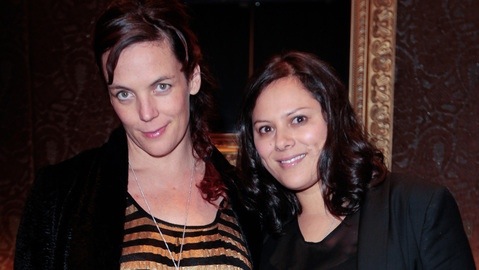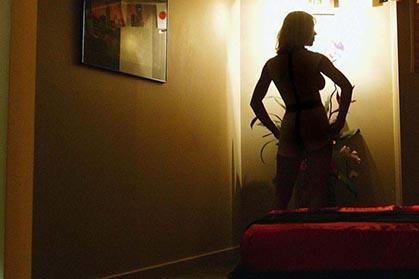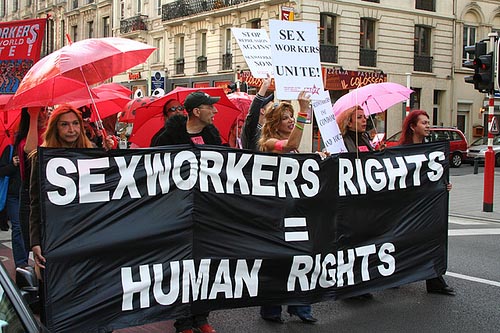Hard as it may be to believe, some people still get het up about sex.
As practised by others, of course.
If we’ve learned anything from recent history, it’s that people whose own sex lives are unedifying don’t necessarily let that stop them damning others’ proclivities.
How many times do religious leaders or public figures who wear their morality on their sleeves have to be exposed as hypocrites, sleazebags, predators or tormented souls torn between biology and theology before their followers can bring themselves to live and let live?
This week, singer Anika Moa was forced to switch venues for her Wairarapa concert because members of Masterton’s Lighthouse Church objected to her sexuality.
(Moa, a lesbian, is in a civil union with burlesque dancer Azaria Universe. This pair should cement their union by combining surnames: “By the way, darling, I invited the Moa-Universes to pop in for a drink.”)
The fact that we’re mildly surprised whenever this sort of thing happens reflects how commonplace sex has become.
In the space of a few decades, society has gone from being aggressively prudish about sex and its public manifestations – in 1972 the company that staged the Broadway musical Hair in Auckland was tried for indecency – to blasé.
An obvious example of this is the decriminalisation and subsequent ubiquity of pornography.
As Martin Amis observed more than a decade ago, the porn industry is so big that whatever quasi-statistical exaggeration you toss into a discussion – “do you realise porn now accounts for 43.5 per cent of US gross domestic product?”- will probably go unchallenged.
Partly as a consequence of pornography’s creep into the mainstream, popular culture has become progressively sexualised.
The extent to which the broad subject of sex has lost its shock value and become part of everyday life is evident from a swift and unscientific sample of serious, as opposed to tabloid, news websites.
When I checked in on the Herald website, it was a largely sex-free zone. A column headed “Can you kiss your cousin?” turned out to be a sober examination, complete with statistics on genetic disorders, of whether cousins should marry and have children.
The Guardian had an article on Lara Croft, Tomb Raider’s evolution as a sex symbol.
The fact that a video game character can be a sex symbol may say all that needs to be said on this subject.
There was a column headed “Sleep is not the new sex, it’s more important than that” about the epidemic of insomnia sweeping the UK. (In glorious Guardian tradition, the writer blamed it on Mrs Thatcher.)
As far as I could tell, sex was in the headline purely to get people to read the column.
It certainly worked in my case.
And there was a discussion of a recent article by author Julian Barnes complaining that ever since Lady Chatterley’s Lover, British novelists have felt compelled to write sex scenes which, in his view, they do badly: “Misleading old euphemisms have been replaced by misleading new cliches.”
(There was a watershed moment at the 1959 Old Bailey trail of Penguin, prosecuted under the Obscene Publications Act for having published D.H. Lawrence’s novel, when the chief prosecutor asked if it was the sort of book “you would wish your wife or servants to read?”)
The Daily Telegraph, the house journal of British conservatism, had a feature about a bra retailer launching a “Boob School” to help women find their correct bra size. It was just an excuse to run photos of stupendously endowed women.
The Sydney Morning Herald had a story about an increasingly popular cosmetic surgery procedure to create “designer vaginas.”
For a couple of fairly obvious reasons, pornography can claim much of the credit for this development.
On the Fairfax website there was a story about a Zimbabwean couple being attacked by a lion while having outdoor sex.
The man got away; his girlfriend – and, it would seem, gallantry – are dead.
Representing the new media, the Huffington Post was, as usual, being all things to all men, mixing coverage of the US “sequester” financial crisis with photos of female celebrities who have forgotten to put on at least one item of clothing before venturing out in public.
And this one might be of interest to the congregation of the Lighthouse Church: following the murder of a gay mayoral candidate in Mississippi, the Washington Post was hosting a live discussion on whether Christians, by not supporting homosexuals, play a part in anti-gay violence.






